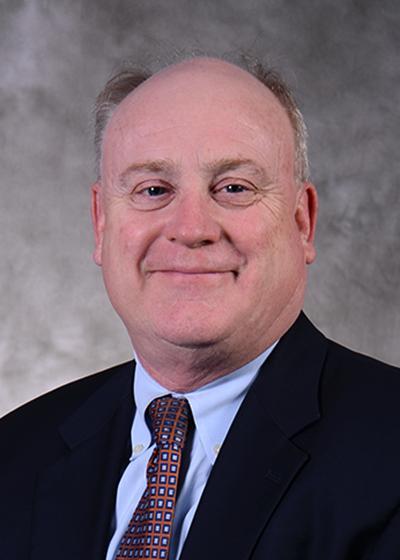John Hellmann
John R. Hellmann is Professor of Materials Science and Engineering and Associate Dean for Education in the College of Earth and Mineral Sciences. As a Penn State faculty member since 1986, he has also served as Associate Director of the Center for Advanced Materials (1986-1995), Chairman of the Ceramic Science and Engineering Program (1998-2001), Associate Head for Undergraduate Studies in Materials Science and Engineering (2001-2007), and Associate Dean for Education in the College of Earth and Mineral Sciences (2007-2012). In addition to maintaining an active teaching and research portfolio, in his position as Associate Dean he is responsible for graduate education curriculum, recruiting, retention, and scholarships, international internships, and the large research enterprise in the College of Earth and Mineral Sciences
Professor Hellmann earned his bachelor and doctorate degrees in Ceramic Science at Penn State, followed by a five year stint as a member of technical staff at Sandia National Laboratories in Albuquerque, New Mexico prior to returning to the faculty at Penn State.
A Fellow of the American Ceramic Society, Professor Hellmann has also served on the Society’s Board of Directors, as President of the Ceramic Educational Council, President of the National Institute of Ceramic Engineers, Associate Editor of the Journal of the American Ceramic Society, and was recently named a Distinguished Mentor by the Society for his role in advising and nurturing students and young professionals in the field of materials science and engineering.
His research interests concern the mechanical reliability and thermochemical durability of ceramics, metals, and intermetallic materials in severe thermal environments. He has active research programs in development and characterization of materials for gas turbines, advanced propulsion systems, and enhanced oil and natural gas recovery technology, as well as in the design and fabrication of laminated ceramic composites possessing engineered stress states for use as armor and cutting tools. He has published over one hundred peer reviewed papers on research supported by the Department of Energy, NASA, Office of Naval Research, National Science Foundation, and industry, and has supervised the research of over 120 graduate and undergraduate students, many of whom have received national and international awards for their work.


